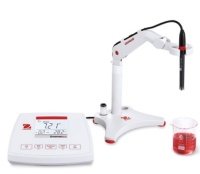What is a data logger weather station?
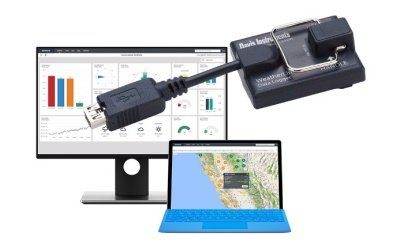
Home weather stations are effective instruments for capturing and sharing hyperlocal weather data. A data logger records acquired data over time for later analysis and graphing. Put a weather station together with a data logger and you have a real game-changer - a data logger weather station!
There are many types of data logger weather stations on the market today. These range from physical plug-in data loggers to wireless transmission loggers that send real-time information straight to your phone or computer..
Does the convenience of being able to access, store, graph and trend a wide range of weather data appeal to you? YES? Then read on to discover everything you need to know about data logger weather stations.
How do data logger weather stations work?
Essentially, data loggers integrate with weather station sensor suites to record daily weather events. There are two main methods of data logging;
- A physical data logger: This type of logger is plugged directly to your weather station console. They are terrific when access to power is limited or there is a limited internet connection. They have good data storage capabilities and users can leave a long time between data downloads. This makes them a good ‘set and forget’ option. An ideal application for a physical weather data logger would be a regional field study.
- Live stream and/or internet-enabled data loggers: Newer to the market, these data loggers automatically and directly upload data to an app or website from your device via ethernet, Wi-Fi or telemetry. They are ideal weather stations for the home or farm.
What are the benefits of data logger weather stations?
There are two main benefits of data logger weather stations, namely;
- Data acquisition – Data logger weather stations acquire, store, graph and trend a huge range of weather data with ease!
- Saving time and money – While data logging can be performed manually with constant human observation, a data logger weather station can replace a lot of labour hours whileautomatically and precisely recording, then logging your weather information. This can save you a great deal of time and reduce costs, while also increasing your data collection capabilities.
What are some common applications for a data logger weather station?
These can vary widely from the avid home user who wants to collate then share their local weather data, right up to professional environmental monitoring and scientific studies.
Examples of data logger weather stations.
Instrument Choice scientists have assembled examples of the best data logger weather stations that include both physical loggers and internet-enabled loggers.
Davis Data Logger Weather Stations with Physical Data Logger
The IC6510USB is a physical weather data logger that plugs into the indoor console of the Davis Vantage Vue and Davis Pro2 weather stations (See Figure 1). After an easy set up this logger enables users to track, graph, store and share their recorded weather data.
The IC6510USB is an easy-to-operate low maintenance model. Depending on the user-selected logging interval, this instrument can log and store data for up to 6 months before files need to be downloaded to a computer.
To download and access your collected data simply plug the data logger into a computer using the Weatherlink software that’s supplied as part of the package.
Pros: Easily log a large amount of data over a long period.
Cons: This is not a wireless system. The dongle must be connected via USB to a computer.
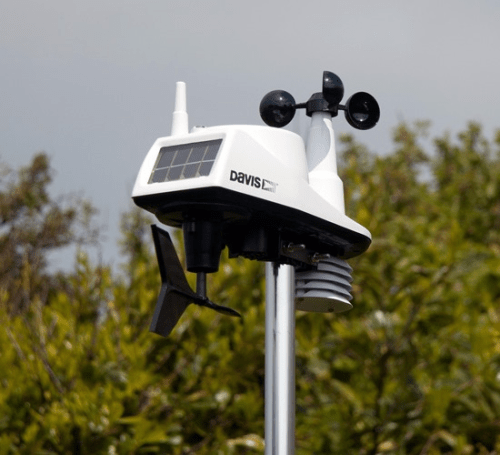
To learn about how the IC6510USB is compatible with the Davis Vantage Vue and Davis Vantage Pro2 by clicking the links below:
Davis Data Logger Weather Station with Internet Enabled Logging - Weatherlink Live
This device links your weather station to the Weatherlink Live app or Weatherlink website, where your local weather data will be stored. Data is transmitted from the weather station and uploaded via Weatherlink Live every 2.5 seconds.
Once uploaded and stored, you can easily access all current and historical data from your weather station.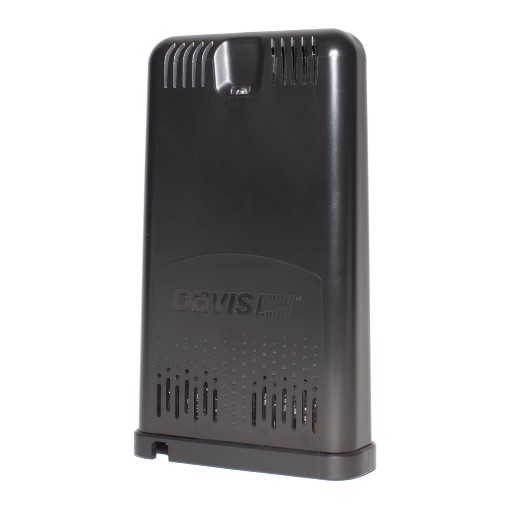
Pros - Easy to use and no cables required. Access current and historical data anytime, anywhere.
Cons – Internet access is required, making it unsuitable for internet limited locations.
Weatherlink Live is compatible with the following stations;
- Weatherlink Live Weather Cloud Vantage Vue Package IC-Weatherlinklive-6357AU
- Weatherlink Live Weather Cloud Standard Vantage Pro2 Package - IC-Weatherlinklive-6322AU
HOBO RX3000 Internet Enabled Data Logger Weather Stations
The HOBO RX3000 weather station relays the information it captures to a cloud-based storage system. It has a powerful data logging capability which enables weather enthusiasts to access both real-time and historical data at the touch of a button.
You select your connectivity and logging options at the time of purchase. You can choose from the following: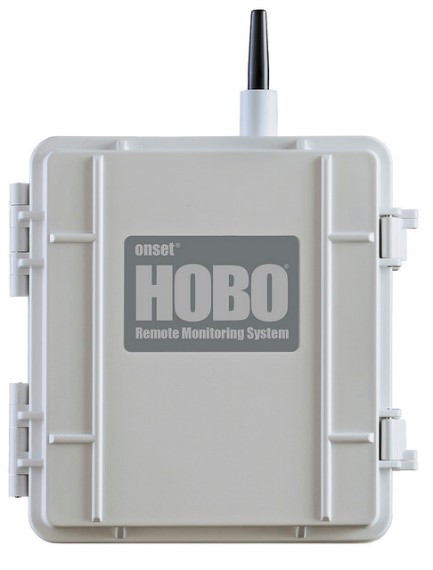
- Connectivity options: Ethernet, WIFI or 4G.
- Data logging options: 1 second or 1-minute logging, both within 10-minute connection intervals.
Pros - Connectivity options to suit most applications
Cons - Some connectivity options have on-going costs. See the HOBO RX3000 page for more details.
Click the link to learn more about the HOBO RX3000 series, its connectivity and data logging interval options Remote Monitoring System - Eth, Wifi Or 4G Options RX3000.
Conclusion
Data logger weather stations are a game-changer. They allow home owners, scientists, engineers and businesses to simply collect, trend, graph and share a lot of hyperlocal weather data via different connectivity options.
Want to see a data logger weather station in action? Check out Instrument Choice’s very own device, and the real-time local weather conditions at our head office here!.
Do you need help finding the right data logger weather station? Let one of our Scientists do the hard work for you. Give us a call on 1300 737 871 or email [email protected]. We guarantee we will find you the perfect model, at the right price.
Also interesting
A Brix Refractometer is a device used across a wide range of industries and professions. One of the most common uses of these refractometers is within the food and beverage industry and, if you work this industry, you will undoubtedly be aware of the term “Brix percentage.”
So, what are Brix Refractometers? What do they measure, and how do they work?
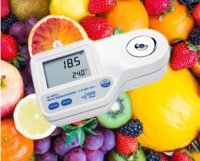
The monitoring of pH is vital for many industries and levels government where quality control and safety are important considerations. Benchtop meters are a particular version of pH meter primarily used within a laboratory environment. They are one of the three main design types of pH meter.
